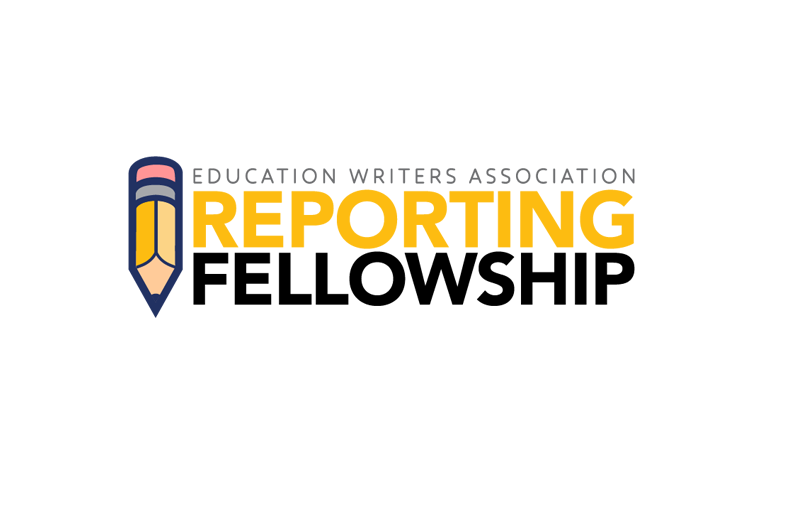
EWA Reporting Fellowship: Applications Open for 18th Class
Apply for an EWA Reporting Fellowship and get up to $5,000 for enterprise education projects.

Apply for an EWA Reporting Fellowship and get up to $5,000 for enterprise education projects.
The Education Writers Association is pleased to announce a call for proposals for its 18th class of EWA Reporting Fellows. These micro-fellowships provide financial awards to journalists to undertake ambitious, enterprise reporting projects.
To help journalists boost their reporting on key education issues, the 18th round will offer up to $5,000 to support stand-alone stories and smaller-scale projects. Recipients are also eligible to apply for additional funding in future fellowship rounds.
“This is an opportunity for education journalists to move quickly on a project or story idea that they’ve been hoping to tackle,” said Kathy Chow, EWA’s executive director. “We’re delighted to have the chance to invest in their reporting.”
To date, EWA has supported more than 150 reporting projects and provided more than $1 million in financial awards, resulting in innovative, impactful education stories in various media in communities around the country.
EWA selects reporting fellows through a competitive application process. Recipients have significant flexibility in how to use the funds, including travel for reporting, relief from regular newsroom duties, or attending workshops.
We are looking for projects that address any of the following topics:
Please carefully review our FAQs to see these topics and other important information about the application process.
The application deadline is 8:59 p.m. Eastern on Monday, April 1. Recipients will be notified of their status by early May.
Your post will be on the website shortly.
We will get back to you shortly